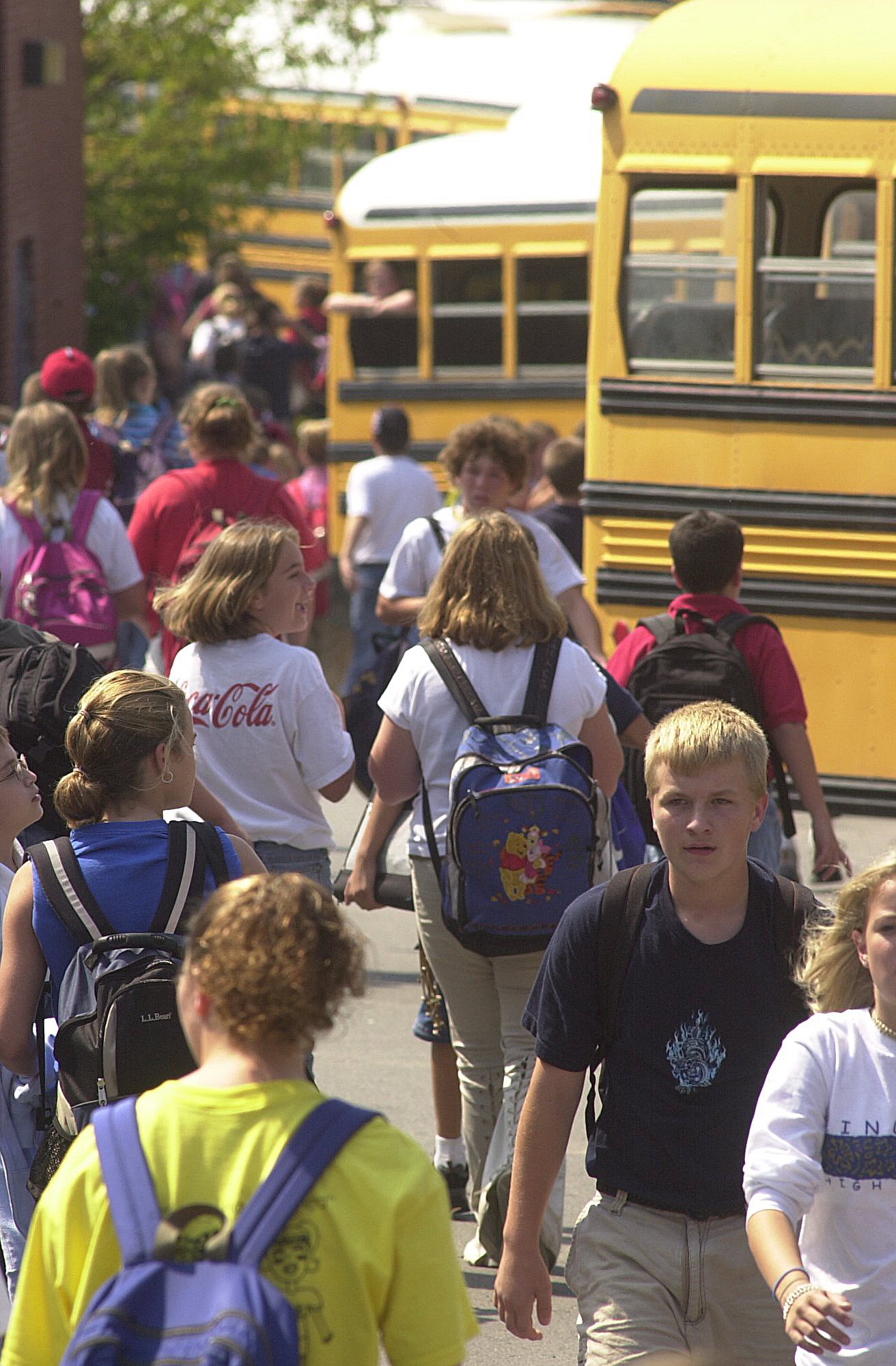Nearly 10 percent of Georgia students are missing more than 15 school days each year -- just one alarming trend highlighted in a recent state study that educators hope to change.
The Georgia Department of Education examined the causes and effects of absences across the state's public schools. The study found that students who missed more days of school -- no matter the reason -- did worse on state assessments and were less likely to graduate. In some cases, attendance rates are more important than test scores when predicting long-term success.
"There frankly hasn't been that much research. So we did it on our own," said Garry McGiboney, Georgia's associate superintendent for policy. "The results were just shocking to everybody."
During the last school year, 180,995 Georgia K-12 students, or about 10 percent, missed more than 15 days of school. Numbers were even higher for eighth-graders, 12.3 percent of whom missed more than 15 days last year. A traditional school calendar includes 180 instruction days.
School leaders admit that the link between attendance and student achievement isn't new.
"But, for the first time, we have concrete evidence of how much of an impact it has," state school Superintendent John Barge said in a news release.
That's something Dade County High School leaders knew long before the state's study. Principal Josh Ingle said attendance rates have dramatically increased there over the last two years. During the 2009-10 school year, 21.5 percent of students were missing more than 15 school days. But during the last academic year, Ingle's first, only 6 percent missed that many days.
Ingle said teachers have started tying incentives to attendance, such as free ice cream once a month for those with perfect attendance. But the school also has gotten tougher on those who are absent. Physical education teachers are tasked with calling parents when students first start to show a pattern of absences.
The high school has tied attendance to student privileges such as school dances or prom; those with too many absences aren't allowed to attend.
Follow @CurrentChattSTUDY FINDINGSOther significant findings of the study include:• Attendance in sixth to ninth grade is a better predictor of high school graduation rates than standardized test scores.• Missing more than five days of school each year, regardless of the cause, begins to affect academic performance and attitudes about school.• Excused and unexcused absences have similar effects on a student's academic performance.• The number of absences in the elementary years directly influences the student's chances of passing state assessments.
"If they are involved in any type of extracurricular organization and they don't meet our attendance expectation, we take it up with the coach or the sponsor," Ingle said. "And there are repercussions."
Causes of Absenteeism
National research shows socioeconomic factors play a large role in determining student attendance.
"In all grades, the lower family income, the higher absenteeism rates," said a 2007 study from the National Center for Children in Poverty, a public policy organization affiliated with Columbia University.
In Georgia, 11.6 percent of poor students missed 15 or more days, while only 7.3 percent of those from higher-income families missed 15 or more school days during the 2009-10 school year, data show.
McGiboney said the state is trying to educate local school systems about the heightened importance of attendance, regardless of the reason kids are missing class. He said suspensions, medical absences and unexcused absences all need to be reduced because they all have the same effect on students' academic performance.
Dental appointments are the most common reason Georgia students miss school, McGiboney said. And many schools have nearly as many absences resulting from suspensions as for other reasons.
"Some schools are shooting themselves in the foot because they're suspending so many kids," he said.
That's why the state is suggesting a school climate improvement strategy, which has shown to improve student behavior and attendance.
Regardless of why kids miss, McGiboney said, the link between attendance and performance is evident. If attendance were to increase in Georgia by just 3 percent -- or one week of school -- 30,000 more students would pass the state math assessments, he said.
"When you put those numbers out in front of people, it gets attention," McGiboney said.
